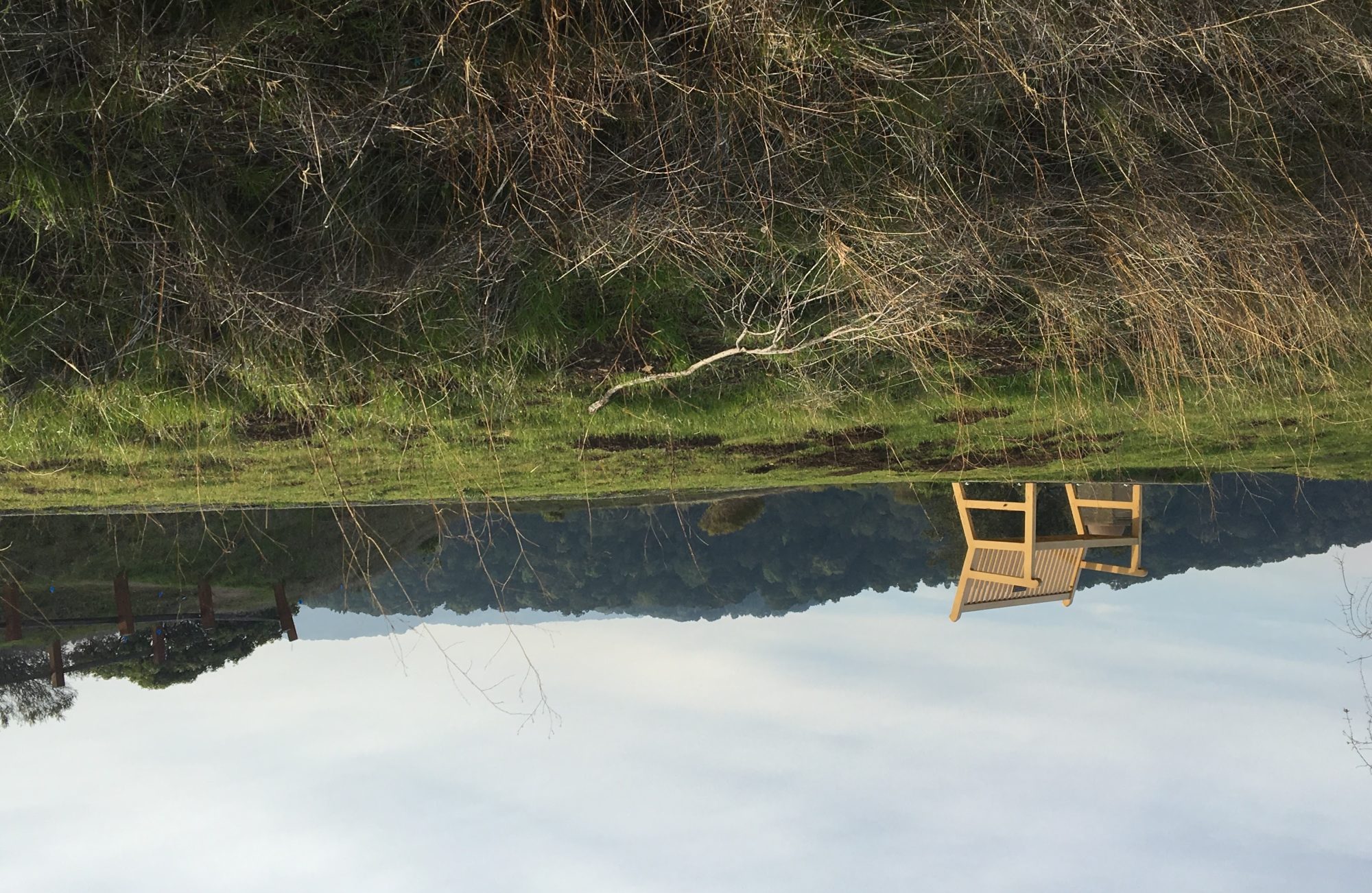How big is big? Many of my friends in technology like to talk about big scale. Programmers at big companies work on big projects which have billions of transactions a day, on tens of thousands of computers. We talk about these things like they’re really big. They’re really big, aren’t they?
Are they?
I wanted to try to gain a better intuition about big, and maybe to bust my pride a little bit, so I asked myself:
Which is bigger? A mountain, or all the Google searches ever, if each search was worth one bean?
What?
Well, a Google search is a little thing, but not insignificant. A lot of beans (or a lot of Google searches) should really add up.
So I wanted to know: if we’d been throwing a bean on a pile each time someone made a Google search, would we have a pile that was comparable in size to a mountain?

Here’s a page with some of Google’s yearly search totals. Google had something like 1.7 trillion searches in all of 2011. I think 12 trillion is a safe estimate for all the Google searches ever. It’s almost certainly within a factor of two (ie, somewhere between 6 and 24 trillion).

A bean is something like 1.5 cm3.
So, a bean per Google search means about 18 trillion cm3. Let’s convert that to km3. That pile is 0.018 km3.

Mount Fuji is eighteen thousand times larger than the bean pile for all the Google searches ever. Even if Google grew ten times larger, it would take us eighteen thousand more years of bean piling to stack up to Mount Fuji (and Mount Fuji isn’t the largest mountain on Earth. Not even close).
It might even be the case that Mount Fuji is larger in volume than all the beans the human species has ever eaten in all history. I don’t know.
Go Nature!

